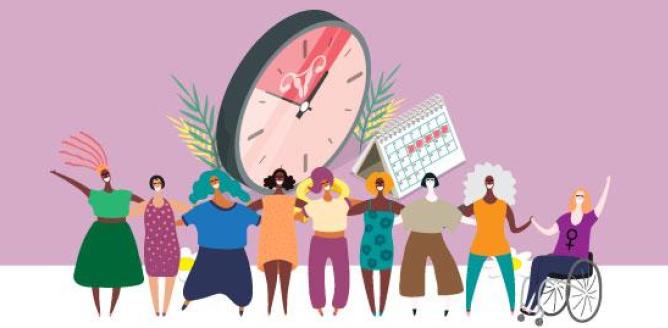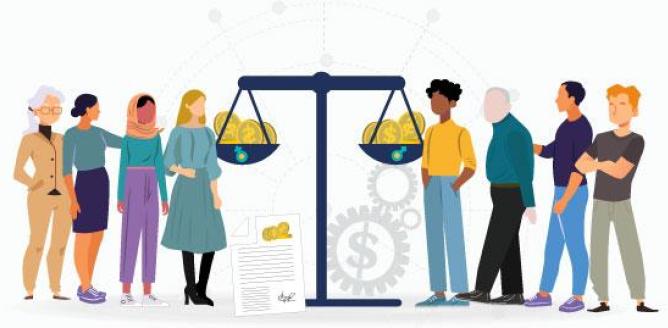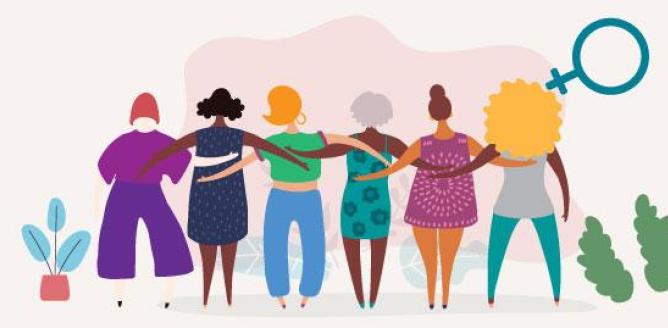Today marks the second annual World Menopause and Work Day, designed to raise awareness around challenges women and other individuals going through the menopause face in the workplace and encourage employers to better support these employees.
There is a business imperative for employers to better understand and address the menopause. An estimated 1.1 billion people worldwide will experience the menopause by 2025, the majority of who will experience side effects that accompany this life phase: hot flashes, mood swings and difficulty concentrating, among others. Despite this growing workplace demographic, there is still a taboo around discussing the topic at work. A recent survey from the UK noted that 73% of individuals experiencing menopausal symptoms do not feel able to share this with colleagues and 70% of those taking time off due to these symptoms don’t feel comfortable sharing the reasons with their employer. This is also likely influenced by stigma, which is often worse for minorities and those with disabilities. Another UK survey found that nearly three quarters of employers do not have a menopause support policy in place nor train their managers on addressing the needs of menopausal employees. All of this may contribute to the more than one million women and individuals experiencing the menopause feeling pressure to quit their jobs due to symptoms.
Whilst addressing the menopause has key implications for talent retention, it also represents an enormous business opportunity for those in the health and technology fields. The market for products and services to help women and others experiencing menopausal symptoms is estimated to amount to a US$600 billion opportunity.
We are already seeing promising developments in Asia-based femtech in this area. In Japan, AI-powered bot Yorisol aims to reduce the communication gap that can occur between menopausal women and their partner. Women can log their daily symptoms with the bot which is then forwarded to their partner with suggestions on what actions they can take to help. In Singapore, tech startup EloCare is developing a wearable that will create personalised data for menopause, monitoring a woman’s health vitals including blood pressure and temperature, among other indicators to enable users to monitor symptoms. They can then visit a doctor armed with data that can better inform their diagnosis and treatment. Given the vast information gap and lack of targeted services, developments in this area can contribute towards more effective diagnoses and treatment, as well as better education among employers and individuals.
Unfortunately, in Hong Kong, there is no territory-wide data to understand specific challenges, but this lack of information is indicative of the still-prevalent taboo in speaking about this issue. At TWF, we continue to raise awareness around this issue through panel discussions and interviews as well as within our Gender Equality & Inclusion Working Group to inspire action and change among employers.
More research and investment into technology that supports menopausal individuals is needed. Alongside this, we need employers to actively implement measures, policies and awareness raising that supports employees going through menopause.
What does that look like?
- Consider implementing specific menopause policies and guidance, and review them regularly - this report includes a policy template to get you started
- Create a menopause-friendly environment and provide suitable facilities – this report provides useful recommendations on what that might entail
- Provide specific training for managers and HR, and provide information, resources and support on this issue – here is a toolkit around these areas
Supporting employees going through this life phase will contribute towards female talent retention and contribute towards a more inclusive workplace, while sending a message to the wider community about the importance of meaningfully addressing this issue.
Get in touch at Fiona.Nott@twfhk.org





















